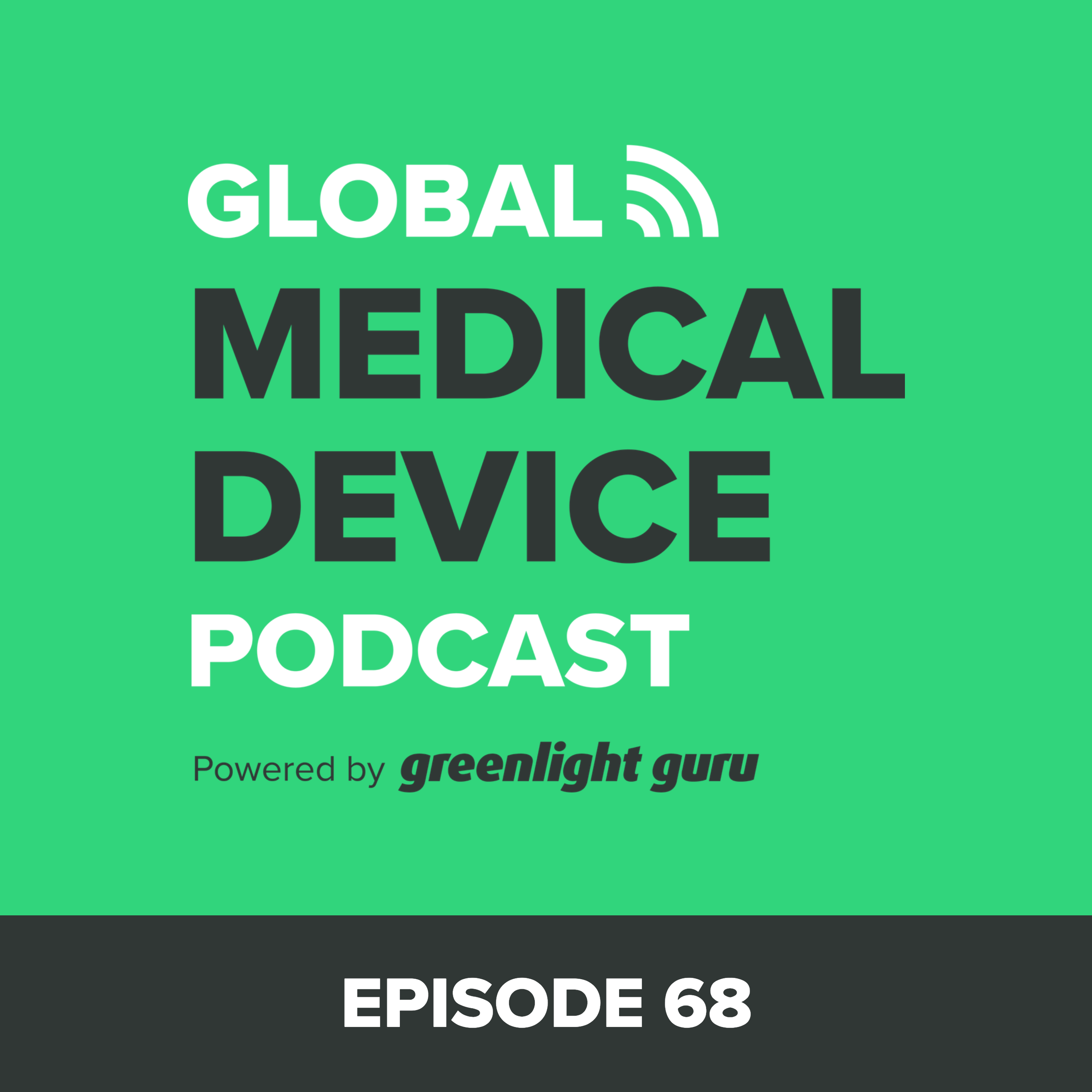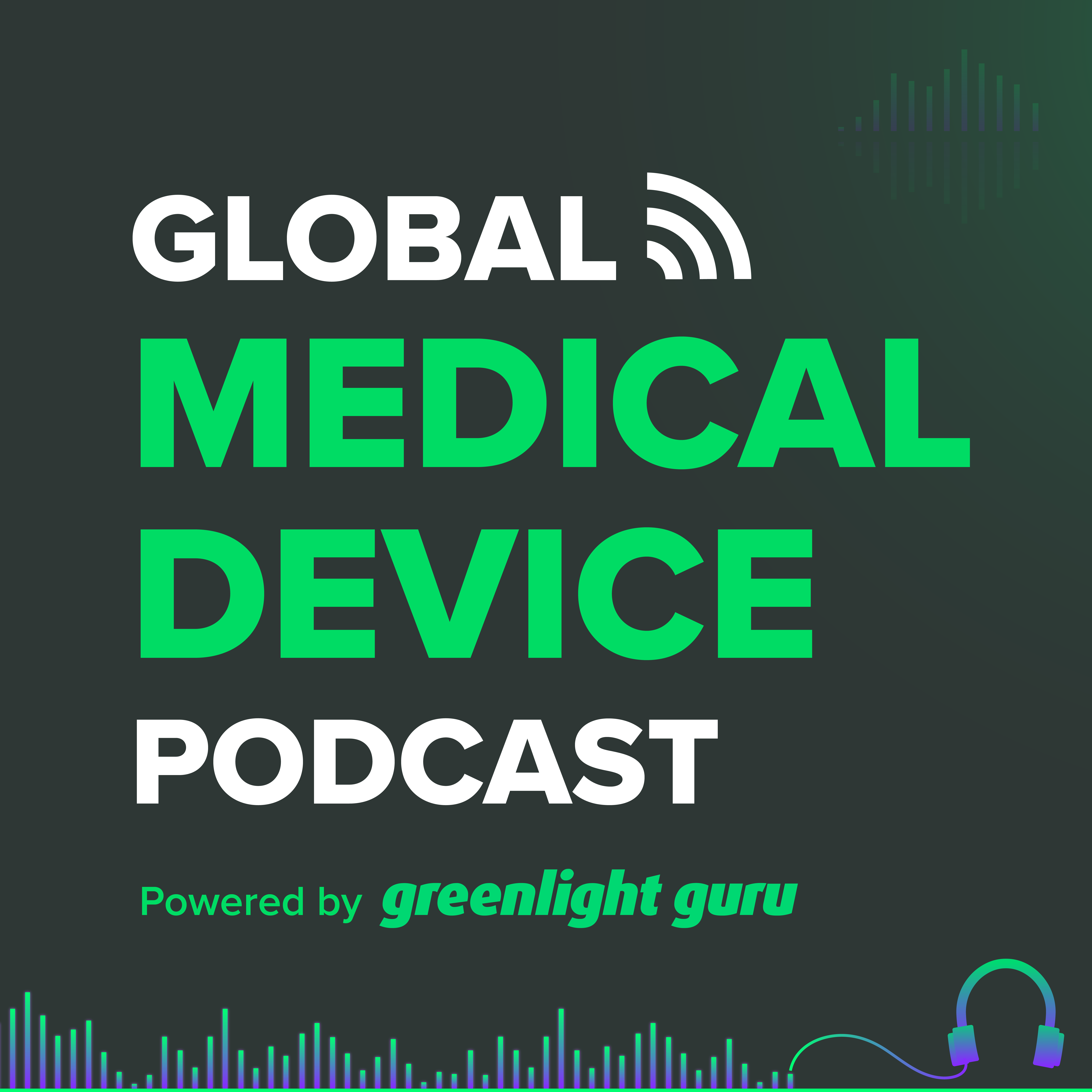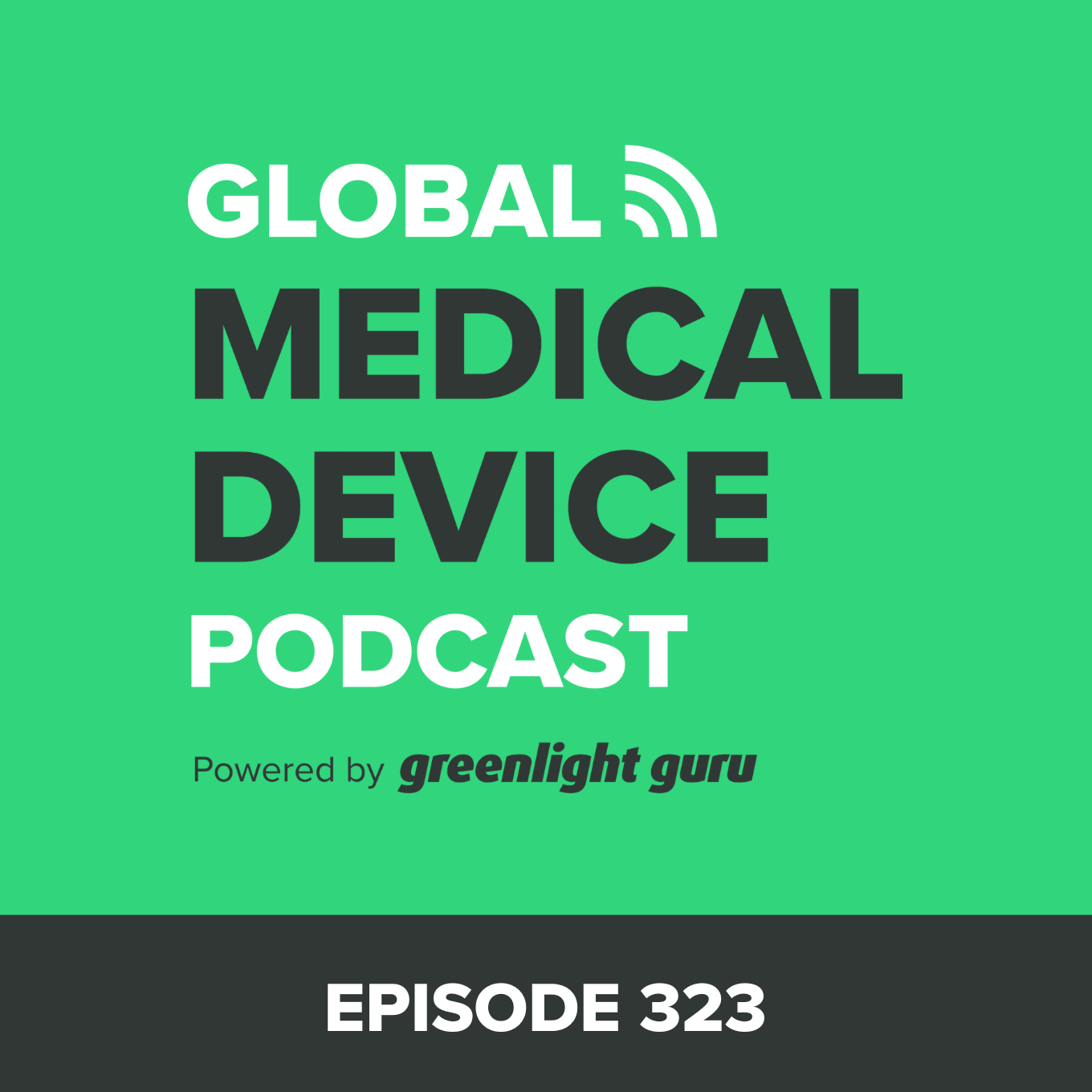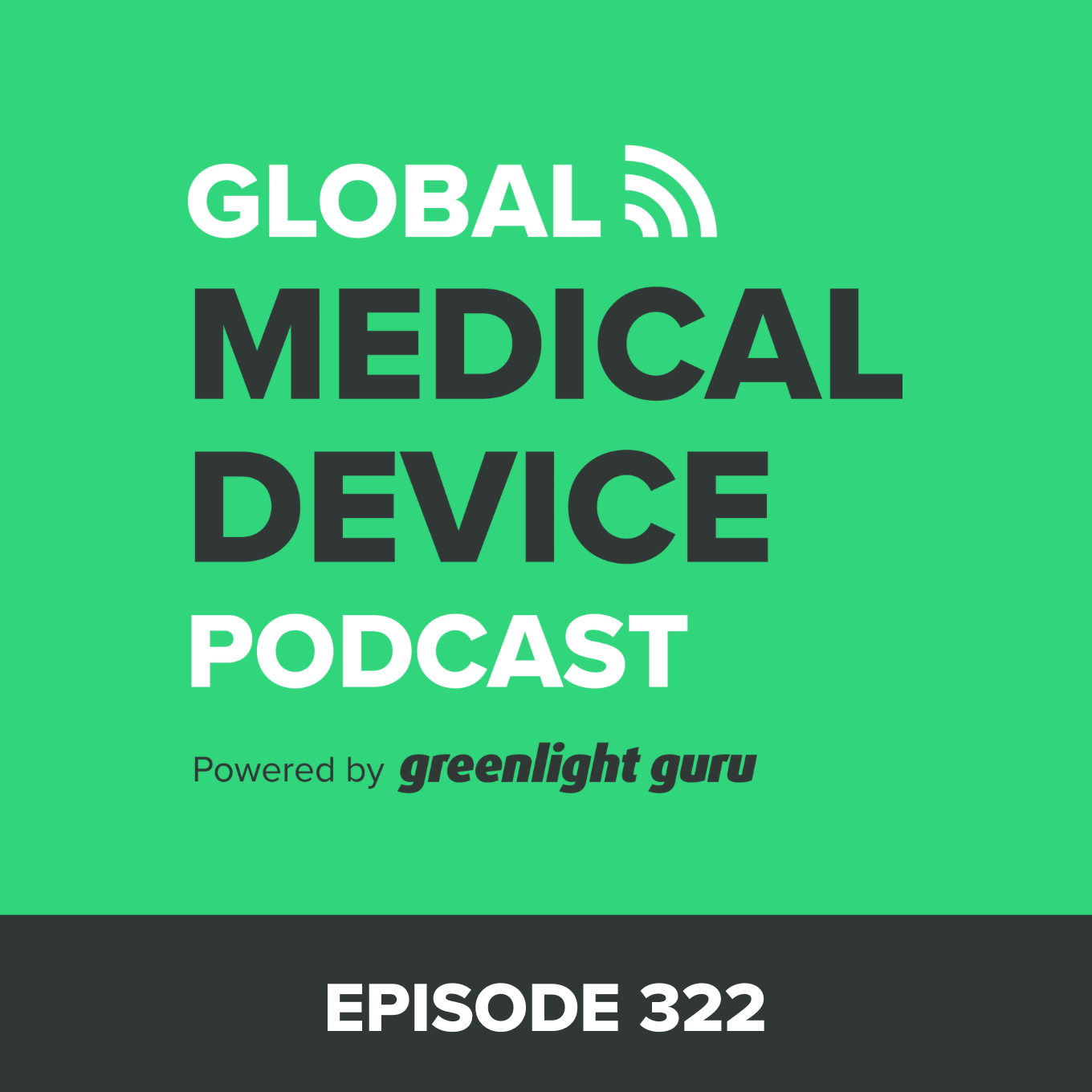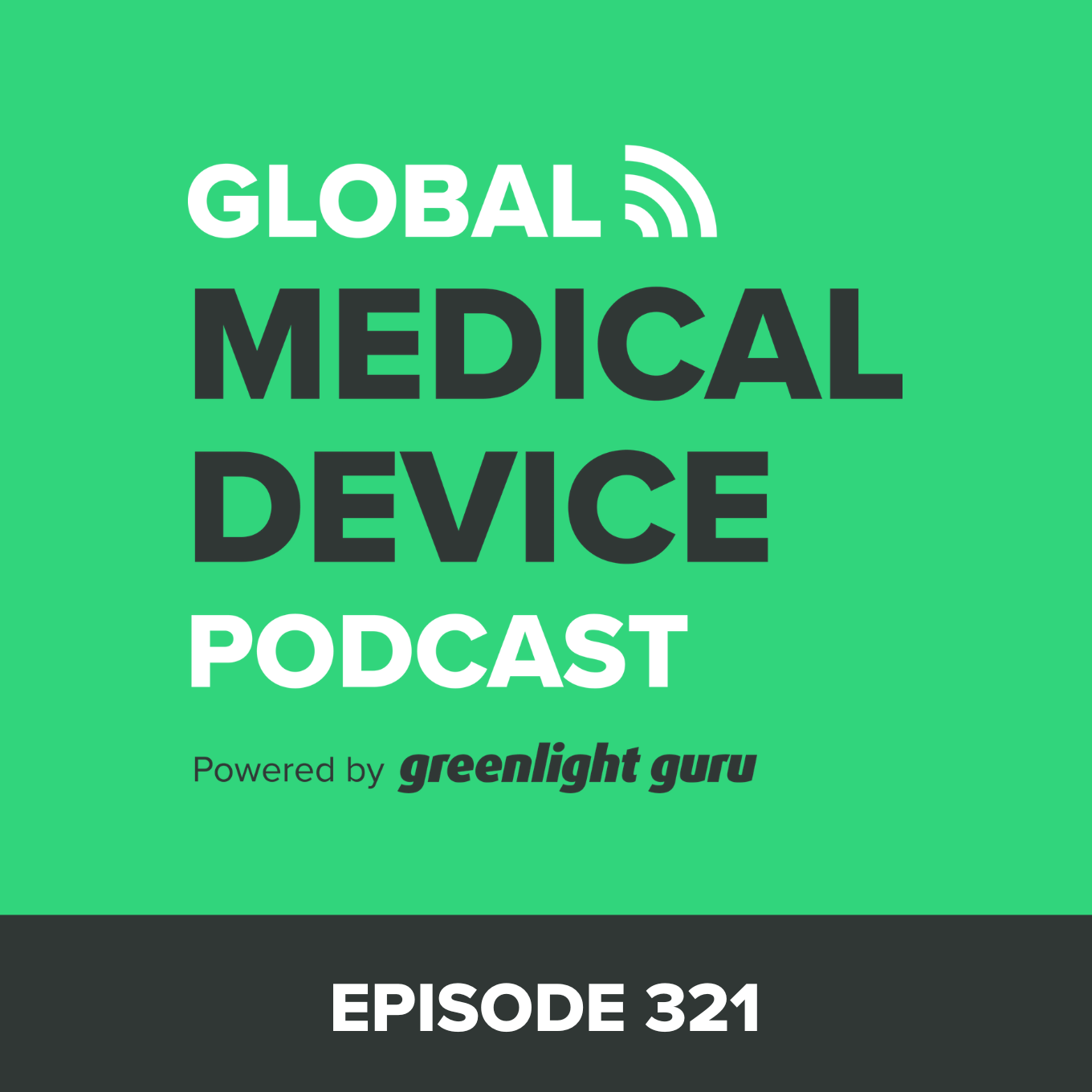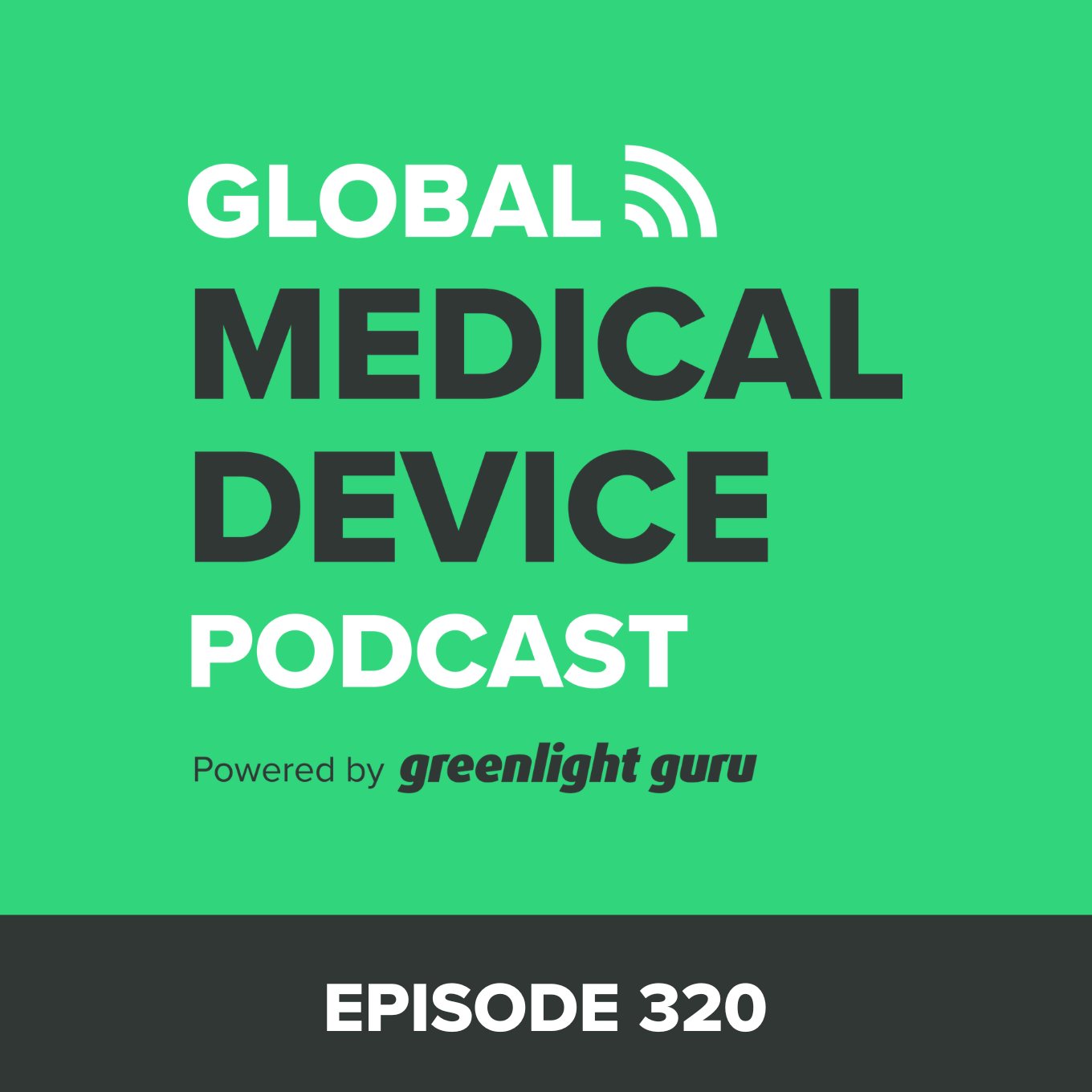How Human Factors Impact Your Medical Device
00:00
00:00
1x
- 0.5
- 1
- 1.25
- 1.5
- 1.75
- 2
This is a podcast episode titled, How Human Factors Impact Your Medical Device. The summary for this episode is: Human factors can be a tricky topic that creates confusion, especially when it comes to medical devices. On today’s episode, we have Mike Drues, president of Vascular Sciences, to help us dive deeper into nuances of human factors.
The root cause for human factors related to medical devices is the watershed moment with infusion pumps that happened about 10 years ago.
Did you know that infusion pumps are one of the most often recalled medical devices for safety reasons? This has led to rigorous testing for all medical devices. But despite lessons learned, infusion pumps are still being recalled today.
SOME OF THE HIGHLIGHTS OF THE SHOW INCLUDE:
-Where human factors testing requirements come from.
-The importance of being proactive, observing, and learning when researching medical device issues.
-Why the lines between a clinical trial and usability/human factor study are blurry.
-Whether to require users to read instructions before using a product or participating in a study.
-The two steps needed to create a human factors/usability study.
-Human factor testing differences for devices used by medical professionals vs. patients.
-Human factors required after going to market.
-Combination products are popular, but deconstruct a product’s components to identify usability issues and understand the intent of regulations.
